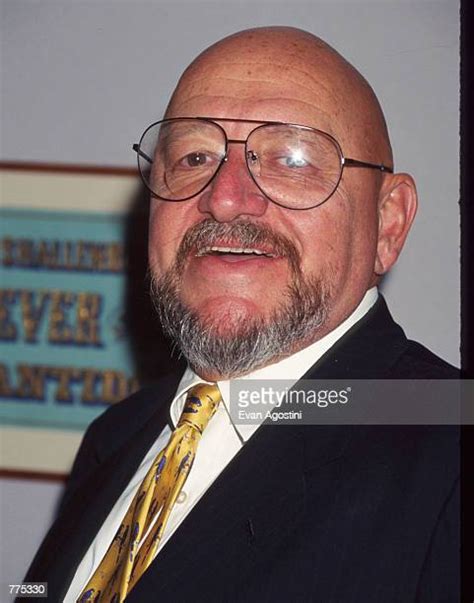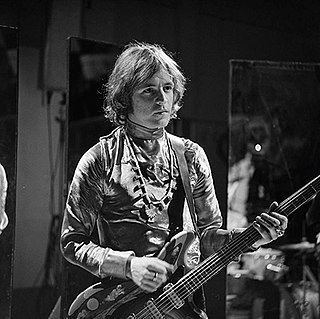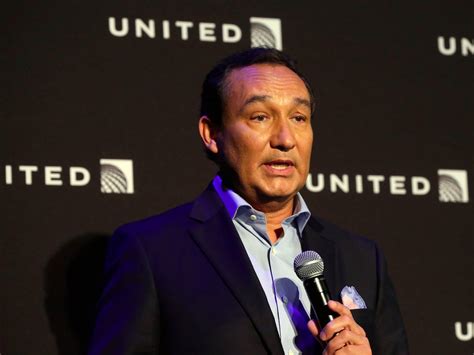A Quote by Marvin Ammori
Charter's merger sales pitch is pretty straightforward: it argues that it has always been too small to bully Internet companies, TV makers, and its own customers, so it has'un-cable' practices they hope to extend.
Related Quotes
Unsurprisingly, an uninterruptible power supply (UPS) - once a luxury for room-sized computer installations - is now a standard item both in home offices and all the networked tiers above, protecting servers and online service providers, Internet backbones, phone companies, and even cable TV networks.

































